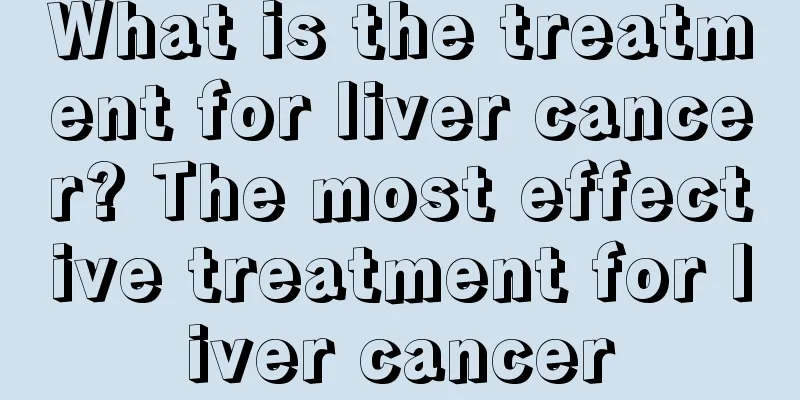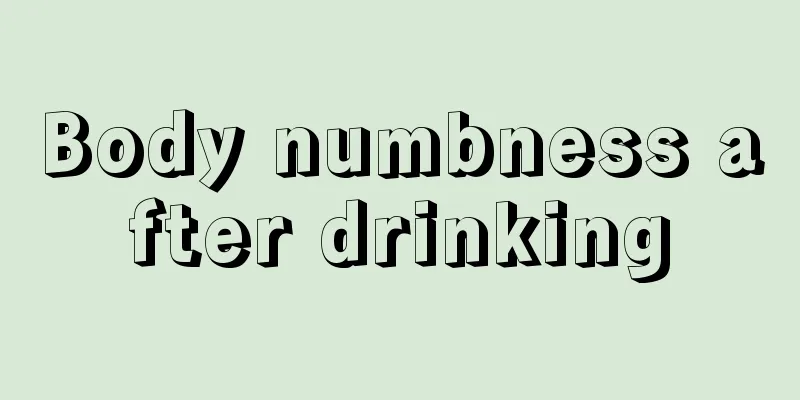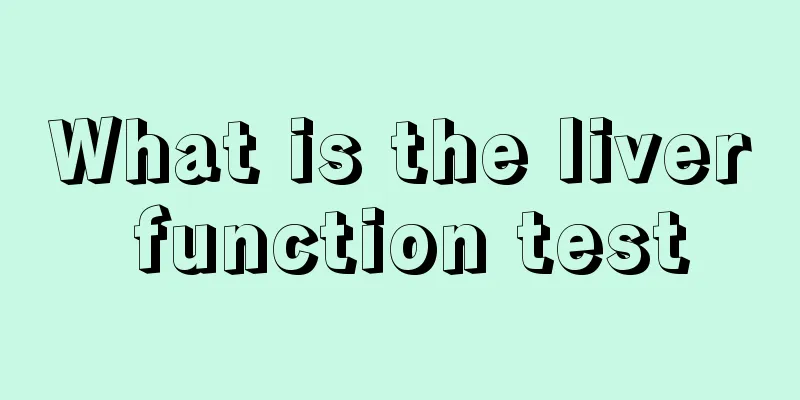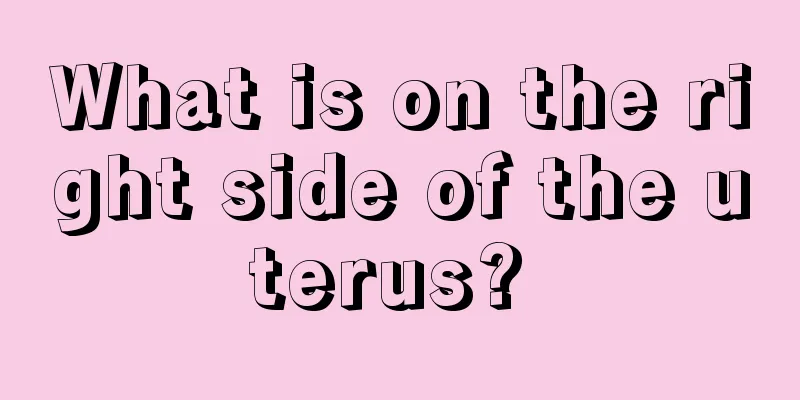What is the treatment for liver cancer? The most effective treatment for liver cancer

|
After surgical resection, if there is residual cancer at the resection margin, postoperative radiotherapy or intra-arterial chemotherapy should be considered. For patients with intravascular cancer thrombus, postoperative Chinese medicine treatment, immunotherapy, intra-hepatic arterial chemotherapy, and systemic chemotherapy can also be considered. The treatment of liver cancer needs to be based on the patient's specific condition. This mainly means that the treatment methods at different stages will also be different. For example, mid-stage liver cancer is not suitable for surgical treatment under special circumstances. Therefore, other methods are adopted. However, if surgical treatment can be chosen, then surgical treatment is still the preferred treatment method. The following is a summary of the treatment methods for liver cancer: Early liver cancer: If the liver cancer is relatively localized, the liver function is normal, and the cirrhosis is not severe, surgical resection is the first choice. If the liver function is abnormal, traditional Chinese medicine or Western medicine can be used to protect the liver first, and surgery can be considered after the liver function recovers. After surgical resection, if there is residual cancer at the resection margin, postoperative radiotherapy or intra-arterial chemotherapy should be considered. For patients with intravascular cancer thrombi, postoperative Chinese medicine treatment, immunotherapy, intra-hepatic artery chemotherapy, and systemic chemotherapy can also be considered. If the postoperative resection margin is negative for residual cancer and no cancer thrombi are found in the portal vein, postoperative Chinese medicine or biological therapy can be used to improve long-term efficacy. Mid-stage liver cancer: For mid-stage liver cancer with normal liver function, we strive for radical resection. If it is estimated that resection is impossible before surgery, we can also perform transhepatic artery embolization, local radiotherapy, biological therapy or traditional Chinese medicine treatment, and strive for surgical resection after the tumor shrinks. For patients who are difficult to operate on or cannot undergo surgery, have normal liver function, and have mild cirrhosis, if the liver cancer is localized and the size is about 8-10cm, radiotherapy can be used. During radiotherapy, Chinese medicine can be taken at the same time. For patients with localized liver cancer tumors that are larger than 13cm, interventional treatment can be considered first, with intra-arterial injection of chemotherapy drugs or embolization, and radiotherapy can be performed after the liver cancer shrinks. Traditional Chinese medicine can also be used for treatment. Since interventional treatment is effective for a short time and the long-term efficacy is not high, after interventional treatment, if the liver cancer shrinks, it should be combined with surgical resection or radiotherapy to improve the long-term efficacy. Liver transplantation is suitable for patients with advanced liver cancer: In the close follow-up of patients with primary liver cancer and non-liver cancer who underwent liver transplantation, from the perspective of the safety of the transplantation operation, although the condition of patients with advanced liver cancer deteriorates rapidly, it is not equivalent to liver failure. In addition, because the coagulation function of patients in the liver cancer group is significantly better than that of the non-liver cancer group, the intraoperative blood loss, blood transfusion volume and total infusion volume are all less, the hypotension time caused by bleeding is short, the intraoperative process is smooth, the postoperative recovery is significantly better than that of the non-liver cancer group, and the perioperative mortality rate is also lower. During the treatment process, it is very important to use Chinese medicine to improve physical fitness, liver immunity, and function. However, if it is in the later stage, although this method is still very good, the effect is no longer obvious. This is the characteristic of cancer, and it can be said that there is nothing we can do. Therefore, there must be scientific prevention methods and timely detection of the disease. |
>>: What are the uncommon symptoms of lung cancer? These lung cancer symptoms are not easy to detect
Recommend
The efficacy and function of red ginseng essence
Red ginseng essence can eliminate human fatigue i...
What to do when your foot joints ache while climbing a mountain?
In real life, mountain climbing is a very benefic...
Can I drink expired instant coffee?
Many people have the habit of staying up late, bu...
What to do if you eat moldy food
It is best not to eat moldy food, because eating ...
Gas water heater
What is the difference between a direct-discharge...
Why am I not hungry in the morning?
Daily three meals are very important for any of u...
What should I do if there is too much hair down there?
Whether male or female, the pubic area will grow ...
What are the effects of antelope horn bracelets
Antelope horn bracelets are actually a kind of de...
How to treat paronychia
Paronychia is a common disease in daily life. The...
What anti-inflammatory medicine should I take when my feet are rubbed and pus is coming out
Many people suffer from bruises on their feet bec...
Don’t put soy milk in a thermos cup. Things to note when drinking soy milk
The weather is cold and everyone has started usin...
How to recover quickly from abdominal strain
Although sit-ups can help you grow abdominal musc...
Henoch-Schonlein purpura nephritis
Henoch-Schonlein purpura nephritis is a common ty...
How to wash eel
When most people are cooking, the most worrying t...
Pain in the upper right back?
Back pain is a relatively common phenomenon. Ther...









